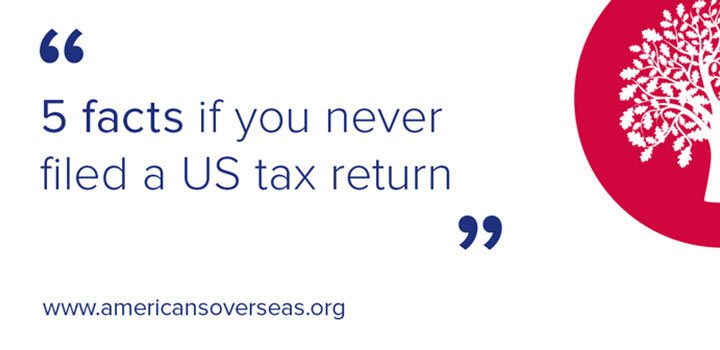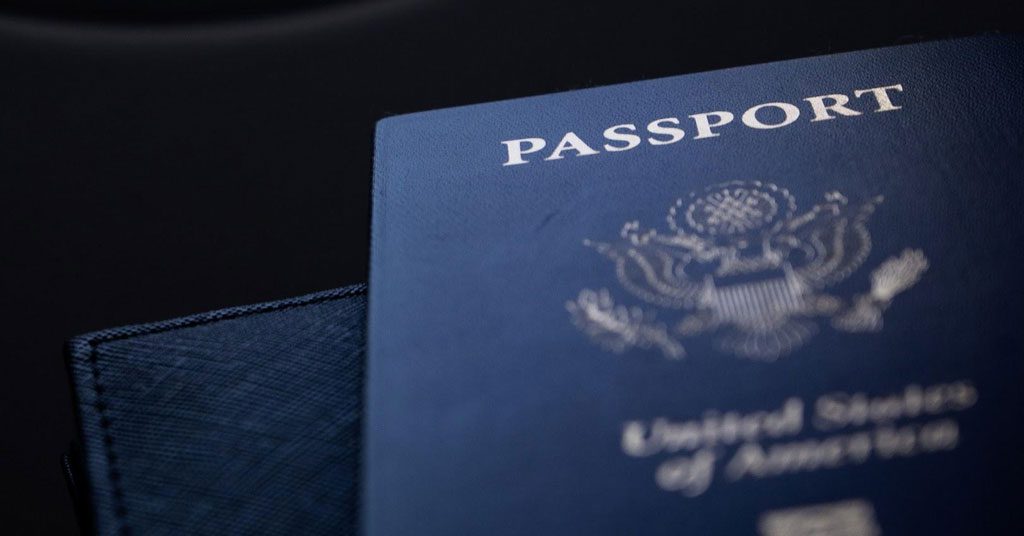
7 important things you need to know about Certificate of Loss of Nationality (CLN)

7 important things you need to know about Certificate of Loss of Nationality (CLN)
It is imperative that you fully understand the nature of its consequences prior to requesting a Certificate of Loss of Nationality of the United States.
Before beginning this process you need to review the legal requirements as well as the consequences and ramifications of renouncing U.S. citizenship.
1.What is Loss of citizenship?
Loss of citizenship, also referred to as loss of nationality, is the event of ceasing to be a citizen of a country under the nationality law of that country. It is a blanket term covering both involuntary loss of citizenship, such as through denaturalization, as well as voluntary renunciation of citizenship.
The Certificate of Loss of Nationality of the United States (CLN) is form DS-4083 of the Bureau of Consular Affairs of the United States Department of State which is completed by a consular official of the United States documenting relinquishment of United States nationality.
2. What is a certificate of nationality?
A Certificate of Citizenship is an identity document proving U.S. citizenship. It is generally issued to derivative citizens and to persons who acquired U.S. citizenship. Acquisition of citizenship happens when a child is born outside the United States to at least one U.S. citizen parent.
3. How do you prove you are a US citizen?
Evidence of your claim to U.S. citizenship should include your parents’ birth certificates, marriage certificates, and naturalization certificates. You will also need your birth certificate, marriage certificate, or divorce decree to prove what your name is and to document any changes to your name.
4. How can a U.S. citizen expatriate cease to be a U.S. citizen?
An adult U.S. citizen may relinquish U.S. citizenship by voluntarily committing one of the potentially expatriating acts listed in Section 349(a) of the Immigration and Nationality Act, with the intent to relinquish U.S. citizenship. An individual may apply for a Certificate of Loss of Nationality based on Sections 349(a)(1)-(5) of the Immigration and Nationality Act in person at a U.S. embassy or consulate.
5. What happens after renouncing US citizenship?
You can’t get your citizenship back after you renounce it.
However, the Immigration and Nationality Act states that someone who renounces their citizenship before they turn 18 can reinstate it if they contact the State Department within six months after turning 1.
6. What is the fee for Loss of Nationality?
The current U.S. consular services fee for “Administrative Processing of Request for Certificate of Loss of Nationality” is $2,350. The fee cannot be waived.
7. Possible tax implications Certificate of Loss of Nationality of the United States (cln)
Loss of citizenship may have U.S. tax consequences, including the imposition of an exit tax.
Many taxpayers are confused about the tax results of expatriation. One of the most common questions is whether, after having expatriated, but before they receive the CLN, the individual is liable for US tax on his worldwide income.
While this may be the case for US nationality and immigration purposes, for tax purposes, the individual’s final tax year is bifurcated into two separate portions. The first portion is part of the calendar year he was a US citizen, commencing January 1 and ending on the day prior to the expatriation date.
During this portion, he is liable for tax on his worldwide income and must file Form 1040 to report that income.
More possible tax implications to consider:
- When the relief procedure, there is no possibility to switch to the Streamlined Procedure without extra costs;
- If the Individual Returns do not meet the requirements, the Relief Procedure can and shall be declined by the IRS. It will be considered as a late filing, with the appropriate penalties and interests;
- When renouncing without dual citizenship at birth, there might be an Exit tax liability.
Need more help with Certificate of Loss of Nationality USA (cln)?
There are currently various voluntary disclosure schemes, such as the Streamlined Procedure and the Relief Procedure. Both schemes have as yet no end date, which means that it is not known when these schemes will end.
Are you unsure whether you need to take action now? Do you want to go through your personal situation? If you register via the contact form, Americans Overseas will gladly think along with your situation.
Americans Overseas informs and helps
We, the founders of Americans Overseas, were born in the Netherlands and obtained our American nationality through our (American) mother.
When we heard about the US tax system for the first time around 2013, we were in total disbelief (it can’t be true!), anger (how can they do this?), fear (am I going to get fines or pick up other problems?), and panic (what should I do?). It is (unfortunately) true that there is an additional American tax levy. But there’s no information from the local government, and when approached, the consulate referred us to the IRS, and the IRS was impenetrable.
That’s why we started this initiative to help people from all over the world by providing proper information about the US tax system to avoid unnecessary panic and offering help free of obligation and free of charge. If needed, we have a network of affordable professionals (accountants) who can help you with your tax obligations.
Americans Overseas can advise you which renunciation program is best for you and inform you about the renouncing US citizenship tax implications. If you have questions you can contact us at Americans Overseas.
Contact us for more information
Source: Joint Foreign Account Tax Compliance Act (FATCA) FAQ
Frequently asked questions
Understanding the US tax system, the obligations, and all the additional terms can be difficult. Especially if one lives outside of America. Is your question not answered? Contact us.
-
Who is required to file taxes in the US?
U.S. citizens and resident aliens who live abroad are generally required to file a federal income tax return and pay taxes on their worldwide income.
Read more... about Who is required to file taxes in the US? -
Do US citizens living abroad still have to file taxes in the US?
Yes, US citizens are required to file taxes on their worldwide income, regardless of where they are living.
Read more... about Do US citizens living abroad still have to file taxes in the US? -
How can I cash my US check?
Received an American check? You can cash your check in the following ways: cash the check at your own bank, transfer to another person (endorsement), cash checks using an online service or cash the check by another bank.
Read more... about How can I cash my US check? -
Are there any special tax forms required for US citizens living abroad?
US citizens living abroad may be required to file Form 2555 and/or Form 1116 to claim the foreign-earned income exclusion.
Read more... about Are there any special tax forms required for US citizens living abroad? -
What is FBAR filing?
FBAR (Foreign Bank Account Report) filing is the requirement for certain U.S. individuals and entities to report their foreign financial accounts to the Financial Crimes Enforcement Network (FinCEN) of the U.S. Department of Treasury. The FBAR filing requirement applies to U.S. persons who have a financial interest in, or signature authority over, one or more foreign financial accounts if the aggregate value of those accounts exceeds $10,000 at any time during the calendar year.
Read more... about What is FBAR filing?





